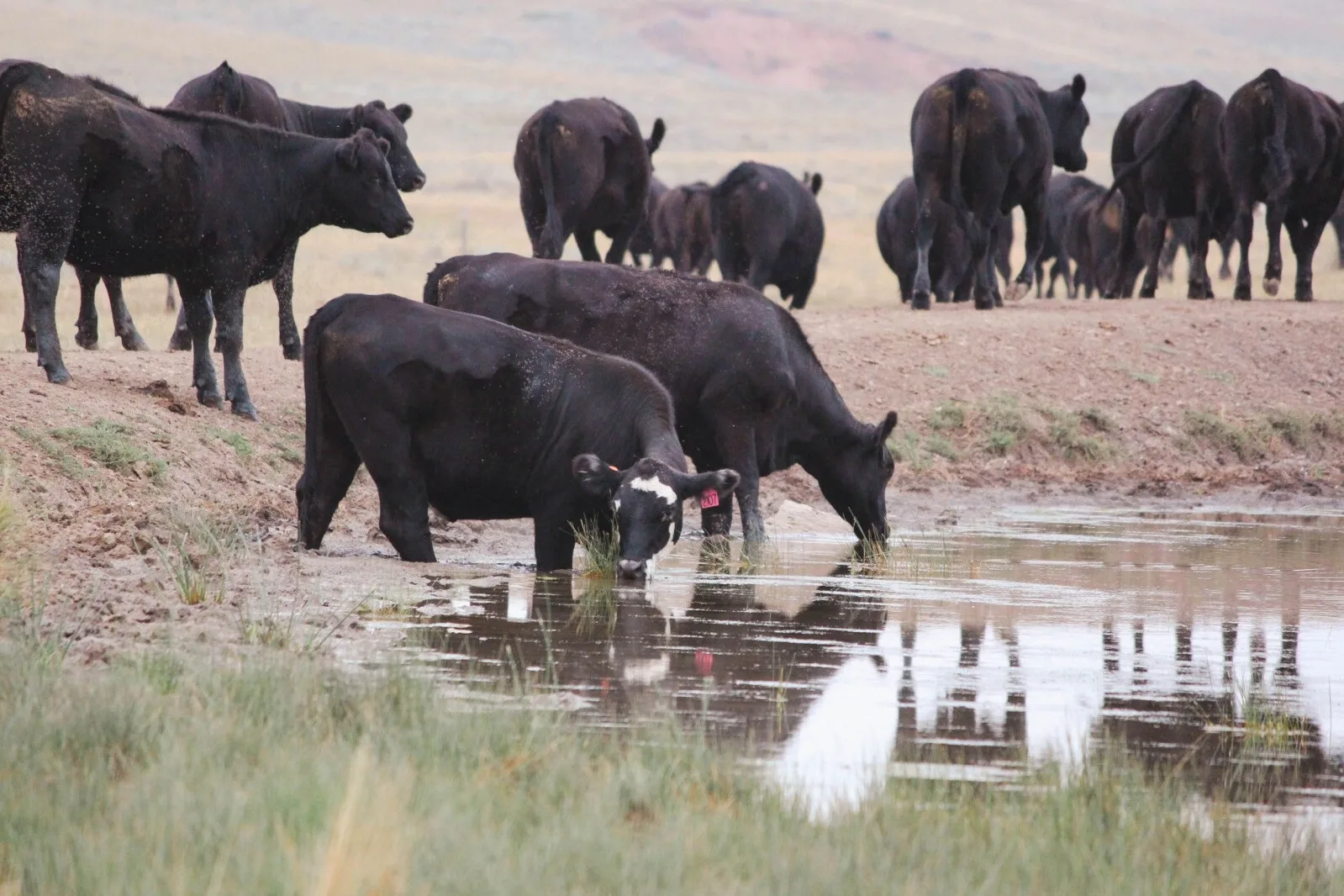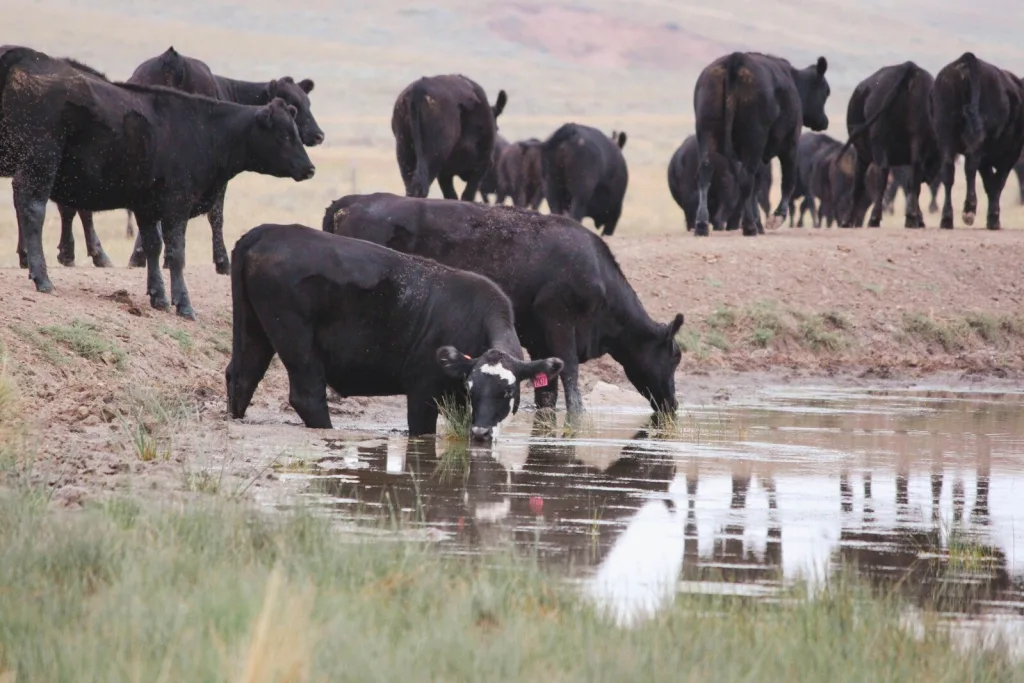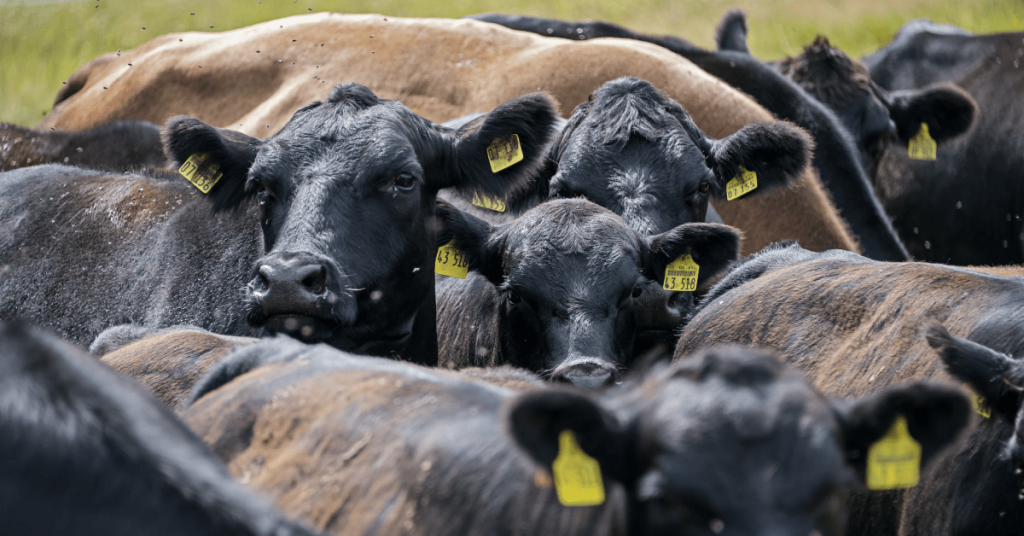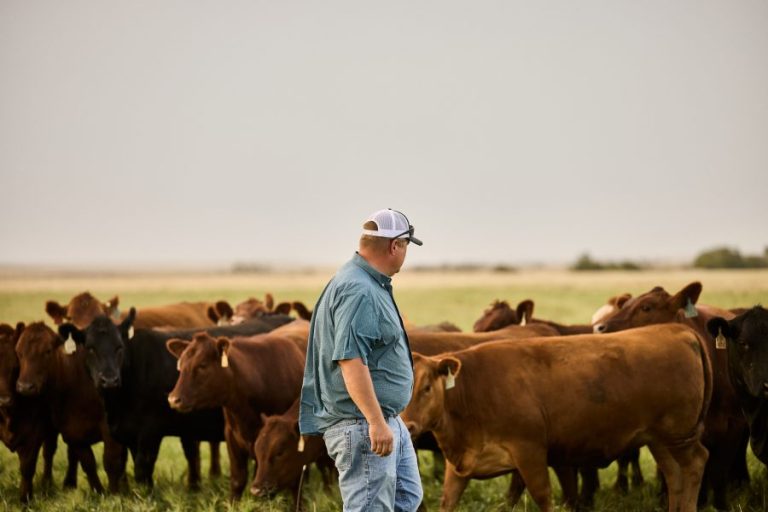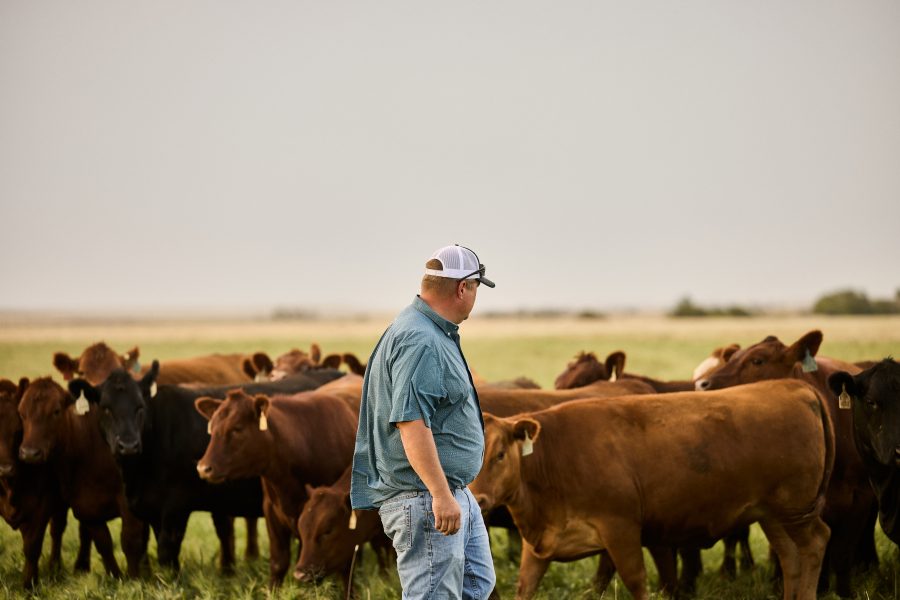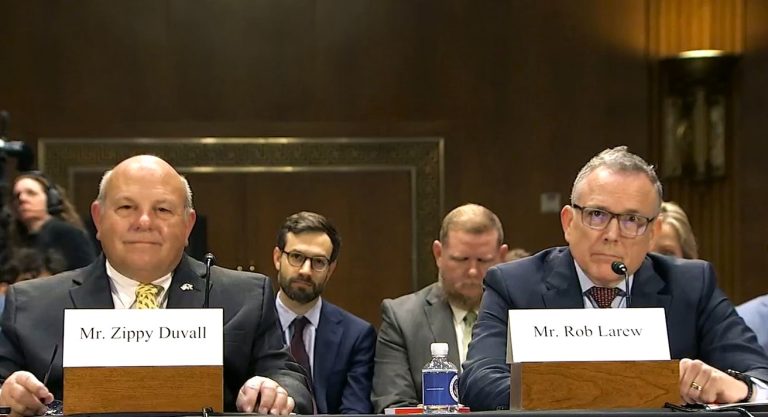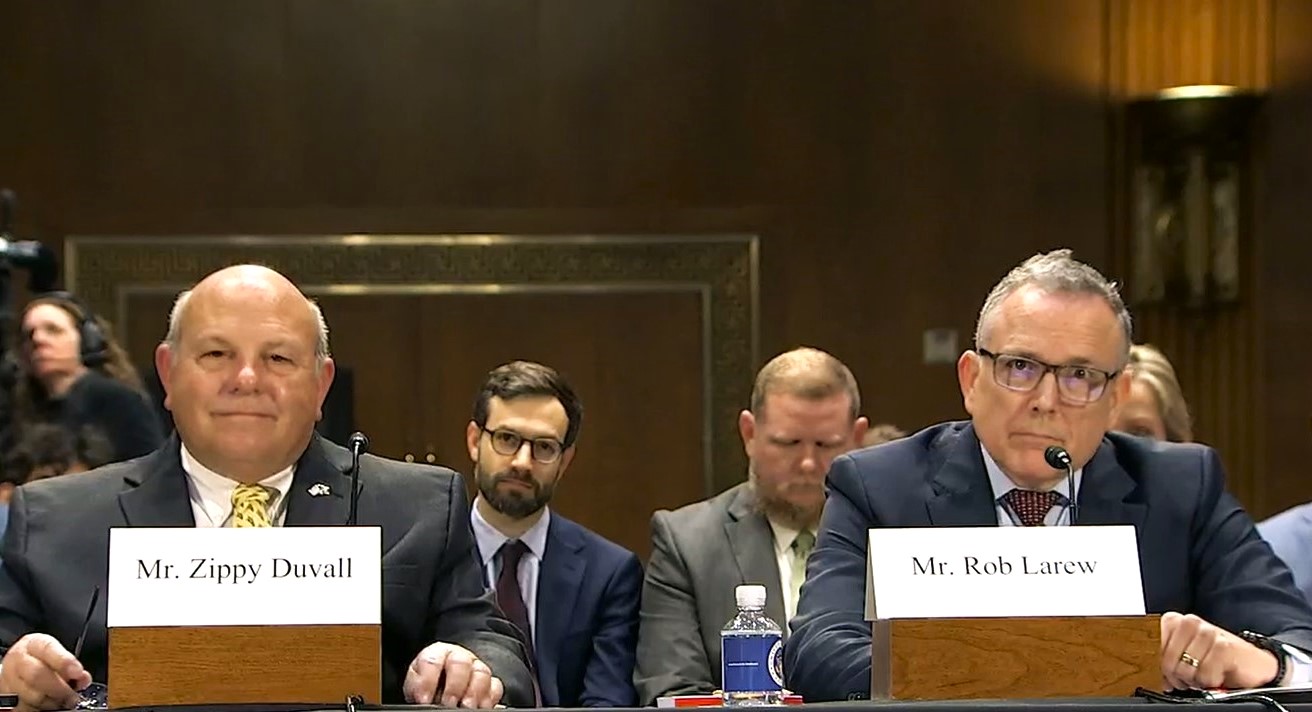PIERRE, S.D. – Anthrax has been confirmed in a group of cattle originating from North Dakota, which moved through a South Dakota auction market.
Working quickly to determine the cause of death of a single animal at the auction market, a South Dakota auction market veterinarian helped diagnose anthrax by sending samples to the South Dakota State University Animal Disease Research and Diagnostic Laboratory.
The South Dakota Animal Industry Board (AIB) promptly tracked all cattle in this group to their destinations and notified owners of the potential threat.
“Once again, the AIB is grateful for the dedicated private veterinarians we have in the state,” said South Dakota State Veterinarian, Beth Thompson. “Anthrax can be a devastating disease, and we were quickly able to determine the movement of exposed animals because the veterinarian took immediate action and the livestock market had complete records.”
A consistent vaccination protocol is important to keep livestock free of disease. The Anthrax vaccine is effective and allows ranchers to take steps to protect their herds. If Anthrax is suspected, contact a local veterinarian or the AIB at 605-773-3321 as soon as possible.
If there is suspicious death in the herd, do not move carcasses until a diagnosis is made. Proper handling of affected carcasses by burning and burying is important to help prevent additional impacts.
Anthrax can be an economically devastating disease for all livestock because it may cause rapid loss of many animals in a short time. Affected animals are often found dead.
Anthrax spores survive indefinitely in soil and much of South Dakota has the potential of having contaminated soil. Weather events, such as drought, floods and winds can expose the anthrax spores to livestock.
Other factors that affect the spores are certain soil types, high humidity, and high temperatures, which allow the anthrax spores to become infectious to grazing livestock.
